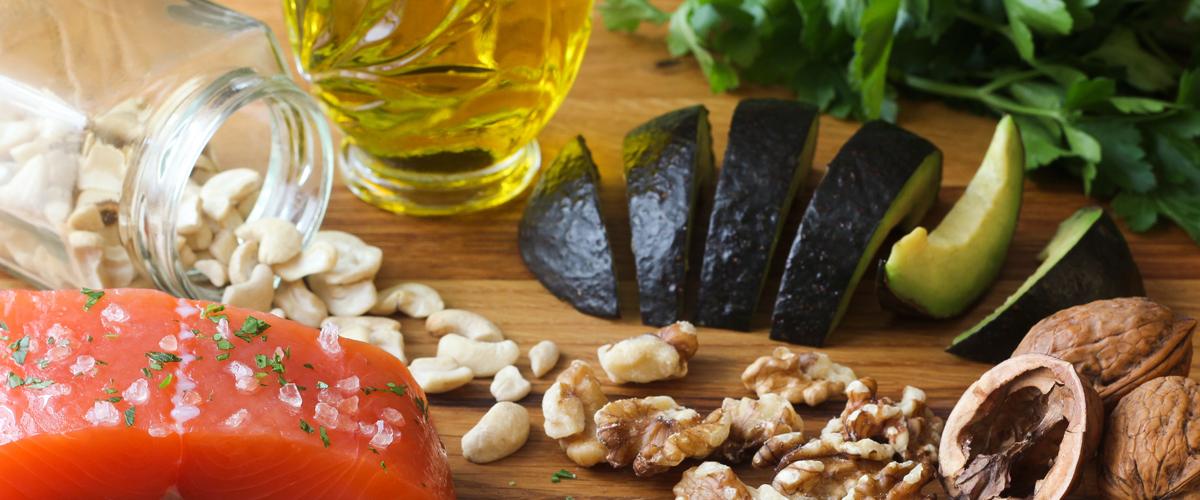Foods to Avoid While Taking Petroleum

Introduction
Petroleum, a commonly used substance in various industries, interacts with the body in unique ways. When using petroleum-based products or medications, it’s crucial to understand how certain foods can affect their absorption and impact on the body’s functions.Petroleum-based products are often prescribed to aid in various health conditions. However, what many overlook is the critical relationship between these supplements and the we eat. Our dietary choices can significantly interfere with how our bodies absorb and utilize petroleum, thereby affecting its efficacy.
Understanding Petroleum Impact
Petroleum, in its various forms, can have different effects on the body. It’s essential to grasp how its consumption influences our health and well-being. From digestive disturbances to potential long-term effects, knowing the impact is vital.
How Petroleum Intake Affects the Body
The body’s response to petroleum ingestion or application varies. Understanding these reactions helps in making informed choices about food consumption.
Common Side Effects of Petroleum Consumption
Discussing the typical reactions the body might exhibit due to petroleum intake can create awareness about potential risks.
Foods That Can Interfere with Petroleum Intake
Certain can alter the body’s ability to absorb petroleum or interact adversely with it. Exploring these food groups sheds light on what to avoid.
Types of Foods to Avoid
Detailing specific food categories that could hinder or exacerbate the effects of petroleum consumption provides clear guidance.
Impact of Specific Food Groups on Petroleum Absorption
Understanding how each food group interacts with petroleum helps in making informed dietary choices.
Healthy Alternatives
While avoiding problematic foods, it’s essential to know the substitutes that can maintain a balanced diet without interfering with petroleum intake.
Impact of Diet on Petroleum Absorption
The overall dietary pattern plays a significant role in how the body processes petroleum-based substances. Addressing this aspect highlights the importance of a balanced diet.
Foods That Interfere with Petroleum Absorption
Certain possess properties that hinder the absorption of petroleum within the body. Foods high in fiber, such as whole grains and certain vegetables, can interfere with petroleum absorption, reducing its effectiveness. Additionally, rich in calcium, such as dairy products, may also inhibit petroleum absorption.
Acidic Foods and Petroleum Consumption
Acidic foods like citrus fruits and tomatoes can impact the body’s ability to absorb petroleum efficiently. The acidity levels in these foods might interfere with the digestive process, affecting the absorption of petroleum and potentially reducing its effectiveness.
Processed Foods and Their Relationship with Petroleum
Processed foods, laden with artificial additives and preservatives, can hinder petroleum absorption. These often contain compounds that interfere with the body’s ability to utilize petroleum, reducing its efficacy in providing health benefits.
Dairy Products and Petroleum Intake
Dairy products, while offering various health benefits, can sometimes hinder the absorption of petroleum. The high calcium content in dairy might interfere with the body’s ability to absorb petroleum effectively, limiting its potential benefits.
High-Fat Foods and Petroleum
Consuming high-fat foods alongside petroleum intake might affect its absorption. Fatty foods can alter the digestive process, potentially reducing the body’s ability to absorb and utilize petroleum optimally.
Sugary Foods and Their Effect on Petroleum
Foods rich in sugar content can interfere with the body’s ability to absorb petroleum. Excessive sugar consumption might impact the body’s digestive process, affecting the absorption and utilization of petroleum.
Alcohol and Petroleum Consumption
Alcohol consumption can hinder the body’s ability to absorb and utilize petroleum. It can interfere with the digestive system, reducing the efficacy of petroleum intake and potentially negating its intended benefits.
Optimal Diet for Petroleum Consumption
To maximize the benefits of petroleum intake, it’s advisable to focus on a diet rich in easily digestible foods. Incorporating fruits, vegetables, and lean proteins can optimize the body’s absorption of petroleum, ensuring its efficacy.
FAQs
- Can I consume dairy products while taking petroleum?
- While dairy might interfere with petroleum absorption, moderation is key. Consult your healthcare provider for personalized advice.
- Are all high-fat foods detrimental to petroleum absorption?
- Not necessarily. Moderation and balance in diet play a significant role. Some fats might have a minimal impact.
- Can I drink alcohol while on a petroleum-based regimen?
- It’s advisable to limit alcohol consumption as it might hinder the body’s ability to absorb petroleum effectively.
- Do acidic foods always interfere with petroleum absorption?
- Acidic foods can potentially affect absorption, but individual reactions may vary. Monitoring your body’s response is essential.
- What’s the best way to optimize petroleum intake through diet?
- Focus on a balanced diet rich in easily digestible foods, including fruits, vegetables, and lean proteins, for optimal absorption.
Conclusion
Awareness about foods to avoid while taking petroleum is crucial for maintaining optimal health. Making informed dietary choices ensures better compatibility with petroleum-based products or medications.Understanding the impact of dietary choices on petroleum consumption is crucial for maximizing its benefits Avoid . By avoiding certain foods that hinder absorption, individuals can optimize the effectiveness of petroleum-based supplements or medications.






